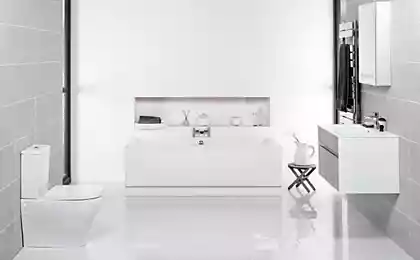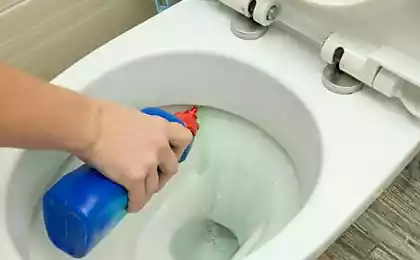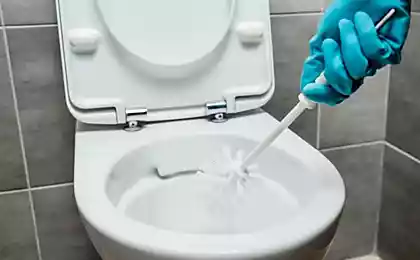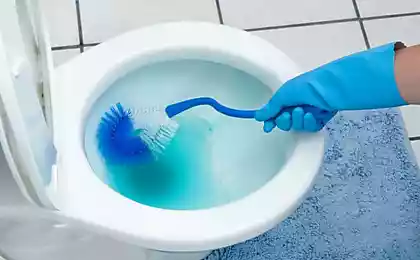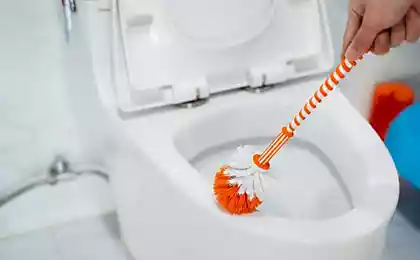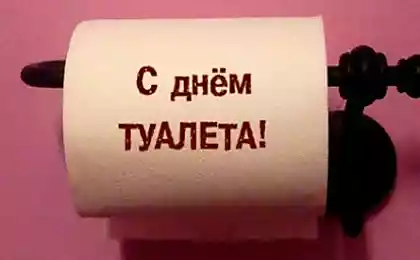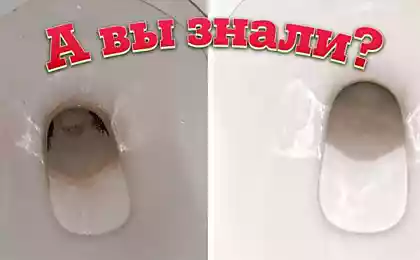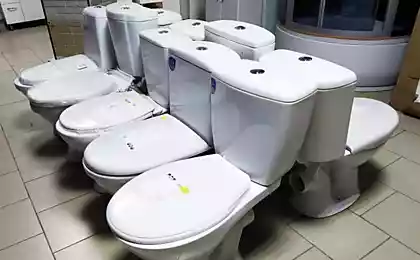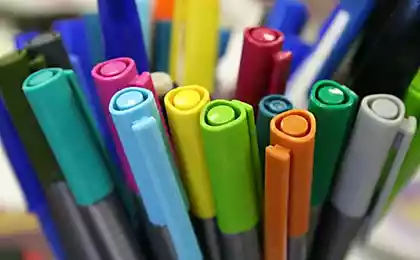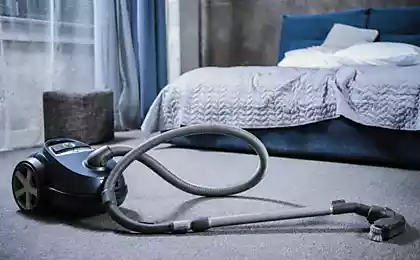263
Why do housewives fanatically wipe the toilet with wet wipes
The situation when the toilet is clogged is definitely not the most pleasant. Nevertheless, housewives do not stop experimenting, flushing a variety of objects into it and repeatedly causing a clog in the sewer pipe.
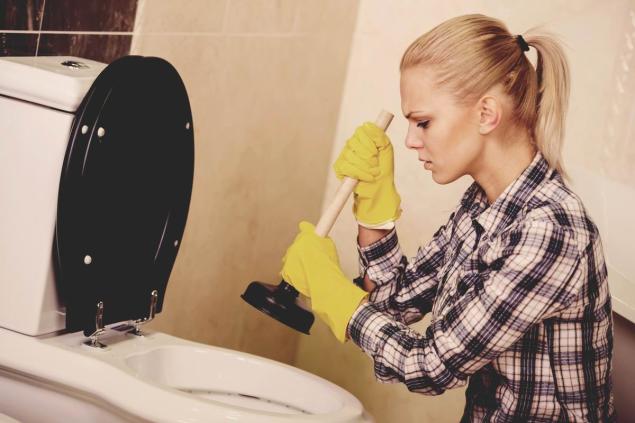
Some of them are understandable. The prospect of getting rid of cat fillers, dirty diapers and fine rubbish at the touch of a button looks seductive. But the use of the toilet for other purposes threatens flood, litigation with neighbors and bills for repairs.
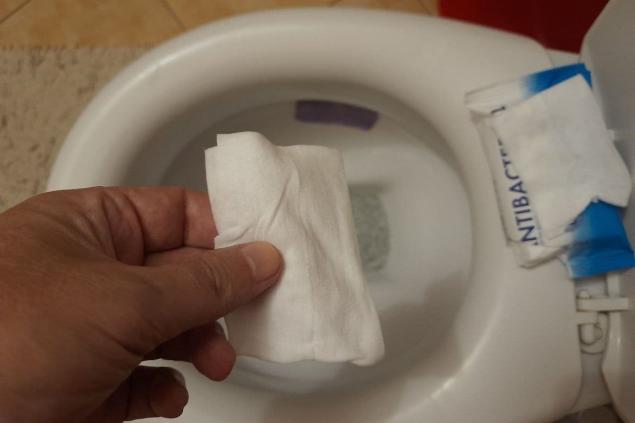
Therefore, it is so important to know what can be safely flushed down the toilet, and what is better to send to the garbage can to avoid sewer problems.
A clog in the sewer pipe can be flushed down the toilet
Categories of waste on which there is no consensus
Definitely not flushed.
In short, be patient and try to bring all the listed items to the trash can. This will protect you from the blockage and to some extent prevent environmental pollution.

Some of them are understandable. The prospect of getting rid of cat fillers, dirty diapers and fine rubbish at the touch of a button looks seductive. But the use of the toilet for other purposes threatens flood, litigation with neighbors and bills for repairs.

Therefore, it is so important to know what can be safely flushed down the toilet, and what is better to send to the garbage can to avoid sewer problems.
A clog in the sewer pipe can be flushed down the toilet
- Dirty water after cleaning or washing shoes.
- Dog and cat excrement.
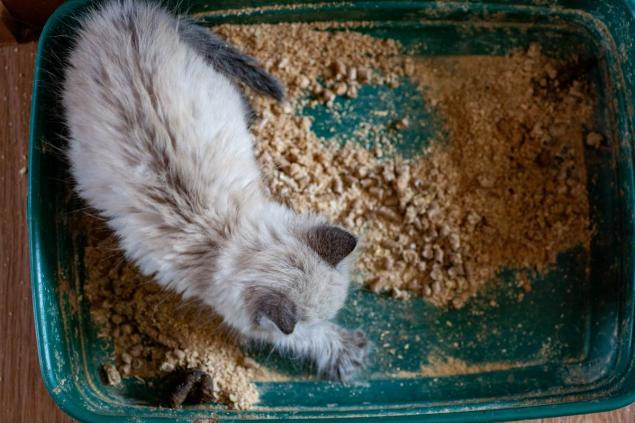
- If the diameter of the sewer pipes is not less than 100 mm and the system does not have tangible curves, you can safely wash toilet paper soluble in water into the toilet. If the diameter of the pipes is less than 100 mm, it is better to refrain from this.
Categories of waste on which there is no consensus
- Food leftovers
I think it's possible to drain spoiled borscht into the toilet. But when it comes to potato peels, orange and watermelon crusts, bones and berry seeds, the situation is very different. Over time, all of these products will decompose. Only before that, they can clog the pipes in the house.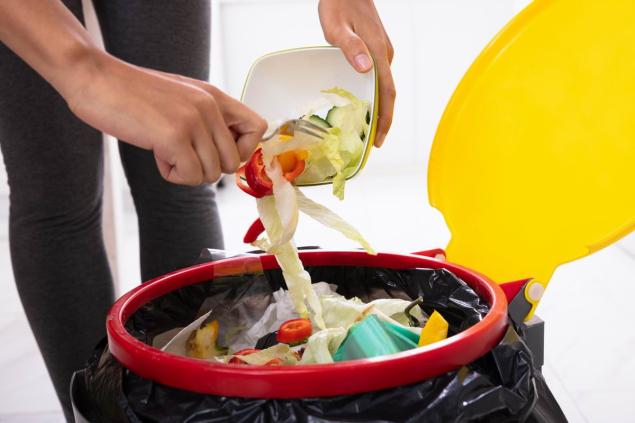
- Disposable towels
Paper towels are denser than toilet paper and less soluble in water. However, manufacturers assure that some types of disposable towels can be washed away.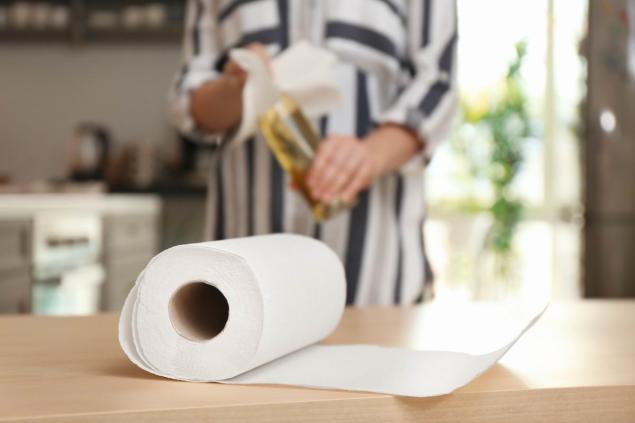
To determine in each case, you need to conduct a small experiment. Throw a couple of towels into a bowl of water. If after 2 hours they are not completely dissolved, it is better not to flush them into the toilet. - Cat toilet fillers
Some fillers in small quantities can be sent to the toilet, while others must be thrown into the bucket. It all depends on the material used in the manufacture.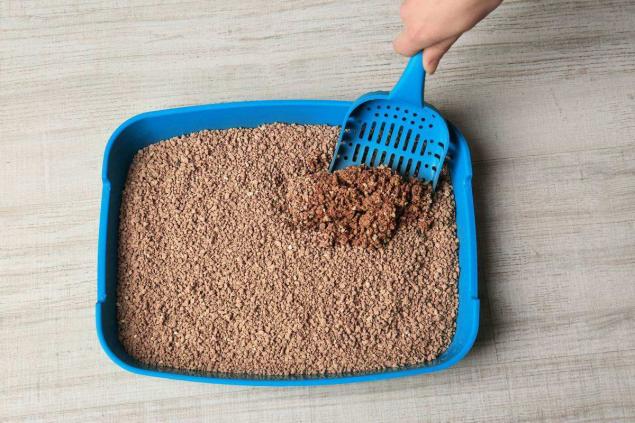
Silicagel fillers and fillers based on bentonite clay when exposed to moisture immediately clumped, which can cause a serious clog.
Pellets of pressed sawdust swell when they enter the water, but not so quickly. Therefore, fresh lumps from such a filler can be washed away, but an attempt to pour out the entire tray can end very badly.
Definitely not flushed.
- Wet wipes.
Convenient and affordable, they have gained wide popularity and we are constantly finding new applications for them. At the same time, many wet wipes are somehow associated with water-soluble toilet paper.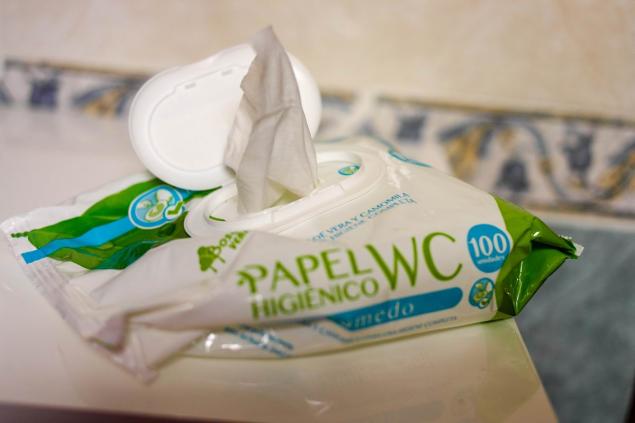
Just the other day I saw an article on Facebook where a woman shared her experience of keeping the toilet clean: I always keep a package of wet antibacterial wipes in the toilet. Every morning she rubbed the toilet with a napkin and threw it into it. Always clear!
Quick litter pick along the Strand under the #OrwellBridge. Plenty to pick up as usual. 100+ wet wipes. #myplasticpromise #riverclean #litterpick #IpswichWombles pic.twitter.com/kEmmgQtlv5
— Rubbish Walks CIC (@UKrubbishwalks) May 18, 2019
At the same time, wet wipes partly resemble plastic bags. They also contain plastic fibers that take years to decompose. It is clear that to score a riser such a napkin can one or two.
And more than that. Nonwoven wet wipes are a constant headache for water utilities. Even the powerful equipment of treatment facilities cannot cope with their grinding. Why not? Because wet wipes do not decompose, do not tear, but stretch endlessly, winding on the blades of crushers. - Band-aids.
Band-aids have a synthetic base and do not decompose in water. In addition, they can stick to other objects and form lumps, which eventually turn into blockages. - Hair with combs
Hair in pipes can clump and collect food residues, forming contaminants that are quite difficult to remove.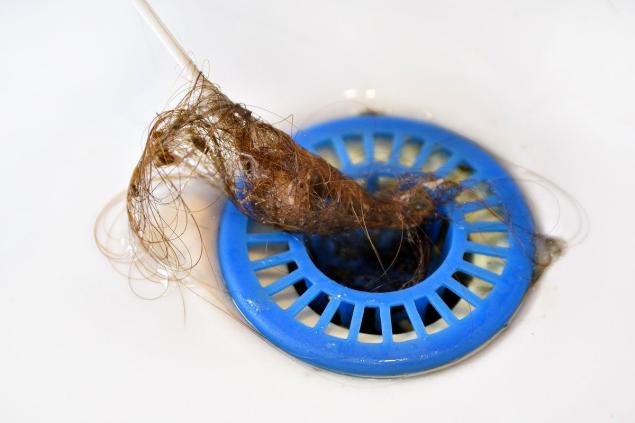
- Diapers and pads
One of the most common causes of clogs. Not only that they do not decompose, but also greatly increase in volume, absorbing moisture. - Cotton discs and cotton swabs
Vata perfectly absorbs moisture, easily clings to irregularities, stretches rather than tears, and can form serious blockages.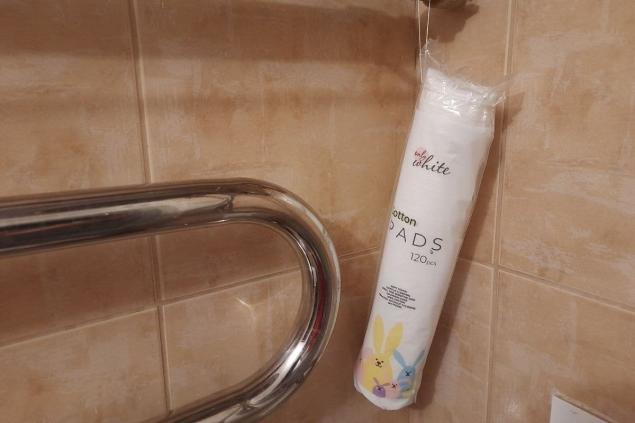
- Condoms
You're lucky. In some cases, the rubber product can successfully pass through the pipes, and in others it will cause trouble. - Tea brewing
Lingering in the pipes, teapots, not to mention bags, form solid blockages. And tea splashes paint plumbing in a dirty brown color. - cigarette butts
Cigarette butts in contact with water increase in volume and can provoke a clog. And the cigarette filter contains acetate, which takes up to 10 years to decompose.
- Construction debris
Cement dust, broken plaster and other construction debris can disable the sewerage of the whole entrance.
In short, be patient and try to bring all the listed items to the trash can. This will protect you from the blockage and to some extent prevent environmental pollution.
Clear signs that a guardian angel is peeking through windows and is somewhere nearby
Prayer Paraskeva Friday and what not to do not offend Paraskeva









